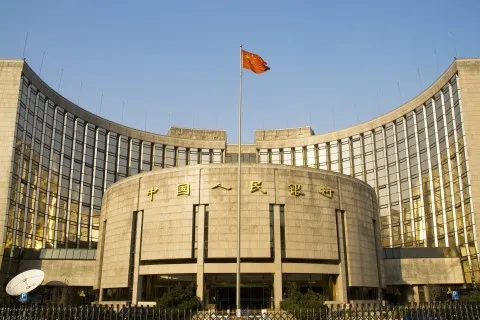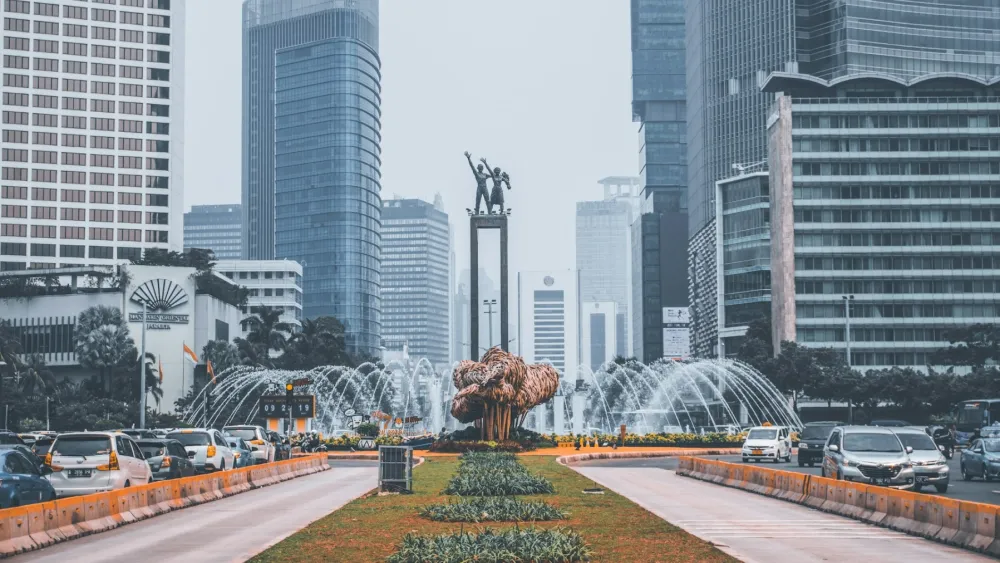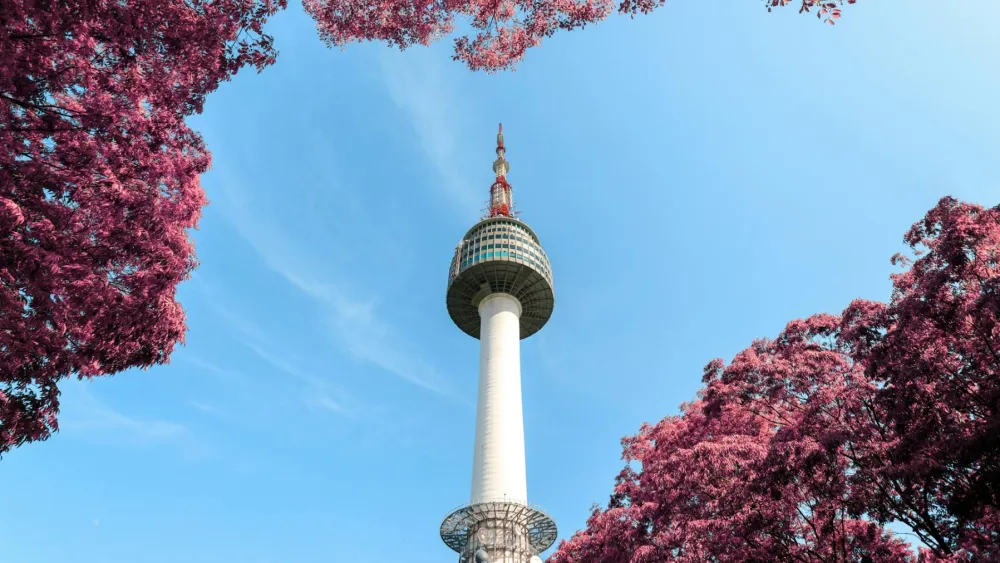
Chinese banks' asset quality to deteriorate in 2020
Officials have ordered banks to lower lending rates and extend deadlines amidst the epidemic.
Chinese’ banks’ asset quality are expected to deteriorate in 2020, with the already doubtful asset quality amongst city and rural commercial banks further strained by the COVID-19 outbreak, reports UOB Kay Hian.
The sector’s non-performing loans (NPL) ratio edged up 6bp YTD or 1.86% as of September 2019. In particular, NPL ratio of city banks and rural commercial banks were 2.48% and 4% respectively, with provision coverage of city banks only 148%.
Further adding to the pressure is the fact that China’s economy is expected to slump in H1 2020 over the COVID-19 outbreak, even if the epidemic can be contained before end-April, the government said.
Also read: China's lenders to allow higher bad loans for COVID-19-hit firms
UOB Kay Hian analysts Eric Wang Zhen and Jayson Kong expressed concerns for the country’s small lenders. “We think small banks do not have enough provision for headwinds,” they noted.
“We are also concerned about the rising off balance credit default risk among small banks. Faced with weak sector fundamentals and uncertainties over the duration of the epidemic, asset quality is expected to deteriorate further in 2020,” the analysts said later in the report.
On the other hand, whilst larger banks are operationally sound, the need for SOE banks to perform “national service” in the form of lower lending rate and repayment deadline extension for Hubei borrowers would likely keep valuations depressed.
The People’s Bank of China has “suggested” banks to reduce lending rate in Hubei by 0.5ppt. The central bank also “discouraged” lenders to withdraw loans from SMEs which are affected by the coronavirus outbreak.
Local banks will also offer loan extensions to individual borrowers. For large SOEs and the three policy banks, they shall issue $43b (RMB300b) in re-lending loans to qualified borrowers. The duration of the loan is one year and the lending rate cannot be higher than 3.15%, much lower than the market lending rate of 5.96%.
Meanwhile, loan growth continued to recover in December 2019, with short-term loans expanding by 7.3% YoY during the month, up 0.2ppt MoM Long-term loan growth also reached a nine-month high of 13.9% YoY.
Despite this recovery remained muted and current long-term loan growth is still much worse than in 2018, displaying low confidence in the economy by leaders and borrowers, analysts Zhen and Kong further noted.



















 Advertise
Advertise











